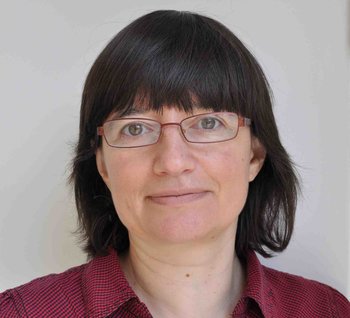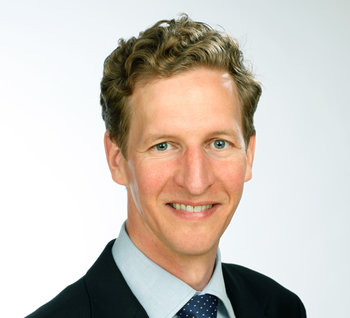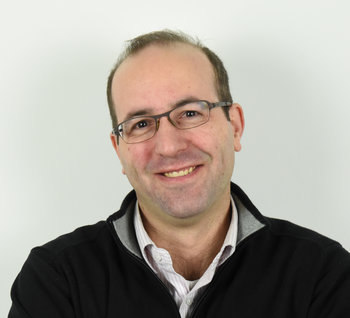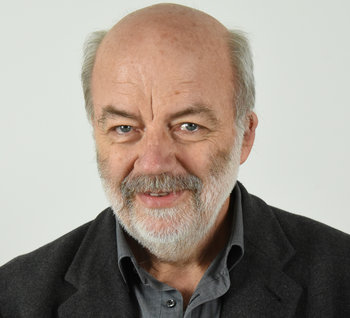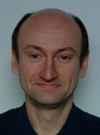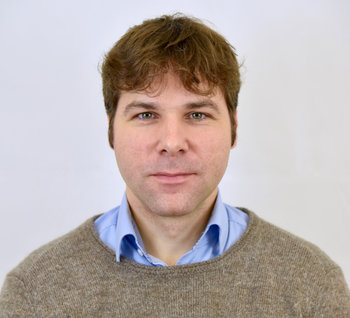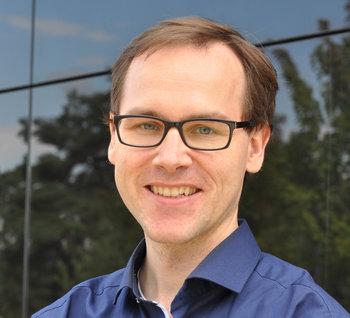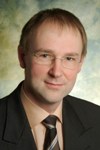Max Planck School of Photonics
Max Planck School of Photonics 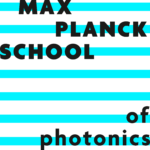
As of the 2019/20 winter term students of the Max Planck School of Photonics (MPSP) can complete their qualification phase at MAOT to proceed with a PhD after graduation. Application to the MPSP must be submitted via the application portal on the MPSP website.
What is the Max Planck School of Photonics?
The Max Planck School of Photonics is a nationwide graduate school and professional network that offers a two-phase PhD programme to excellent students from all over the world.
- In the first phase, successful applicants pursuing or in possession of a bachelor’s degree obtain a master’s degree from one of three teaching universities in Erlangen, Jena, or Karlsruhe. If they choose Erlangen they study the MAOT programme. The first phase takes two years and, if completed successfully, directly qualifies the candidate for entry to the second phase.
- The second phase is research work on a PhD project. The main criterion for applicants wishing to enter the second phase is an excellent master’s degree in a subject with a suitable component. The PhD project is conducted in a group led by an MPSP-Fellow. The MPSP-Fellows are spread across seven locations in Germany. Students can apply to study any of the research topics offered by the Fellows. Changing locations between the first and second phase is very much welcomed and underlines the network character of the school. The second phase of the programme usually lasts three years.
Students are supported for the entire duration of the programme, both financially through a scholarship or full-time employment during the qualification and PhD phases, as well as professionally through close supervision, a diverse workshop programme and networking events.
Fellows from Erlangen at the MPSP
These are the MPSP fellows working in Erlangen. Many of them teach courses in the MAOT programme. For all MPSP fellows please visit the MPSP website.
Prof. Dr. Maria Chekhova
Max Planck Institute for the Science of Light
- E-Mail: maria.chekhova@mpl.mpg.de
Dr. Hannieh Fattahi
Max Planck Institute for the Science of Light
- E-Mail: hanieh.fattahi@mpl.mpg.de
Prof. Dr. Peter Hommelhoff
Institute of Laser Physics
Prof. Dr. Nicolas Joly
Max Planck Institute for the Science of Light
- E-Mail: nicolas.joly@mpl.mpg.de
Prof. Dr. Gerd Leuchs
Max Planck Institute for the Science of Light
- E-Mail: gerd.leuchs@mpl.mpg.de
Prof. Dr. Norbert Lindlein
Institute of Optics
- Telefon: +49913185-28395
- E-Mail: norbert.lindlein@fau.de
Prof. Dr. Christoph Marquardt
Max Planck Institute for the Science of Light
- E-Mail: christoph.marquardt@mpl.mpg.de
Prof. Dr. Florian Marquardt
Max Planck Institute for the Science of Light
- E-Mail: florian.marquardt@mpl.mpg.de
Prof. Dr. Philip St. John Russell
Max Planck Institute for the Science of Light
- E-Mail: philip.russell@mpl.mpg.de
Prof. Dr. Bernhard Schmauß
Institute of Microwaves and Photonics
- Telefon: +49913185-27213
- E-Mail: bernhard.schmauss@fau.de
Dr. Birgit Stiller
Max Planck Institute for the Science of Light
- E-Mail: birgit.stiller@mpl.mpg.de

